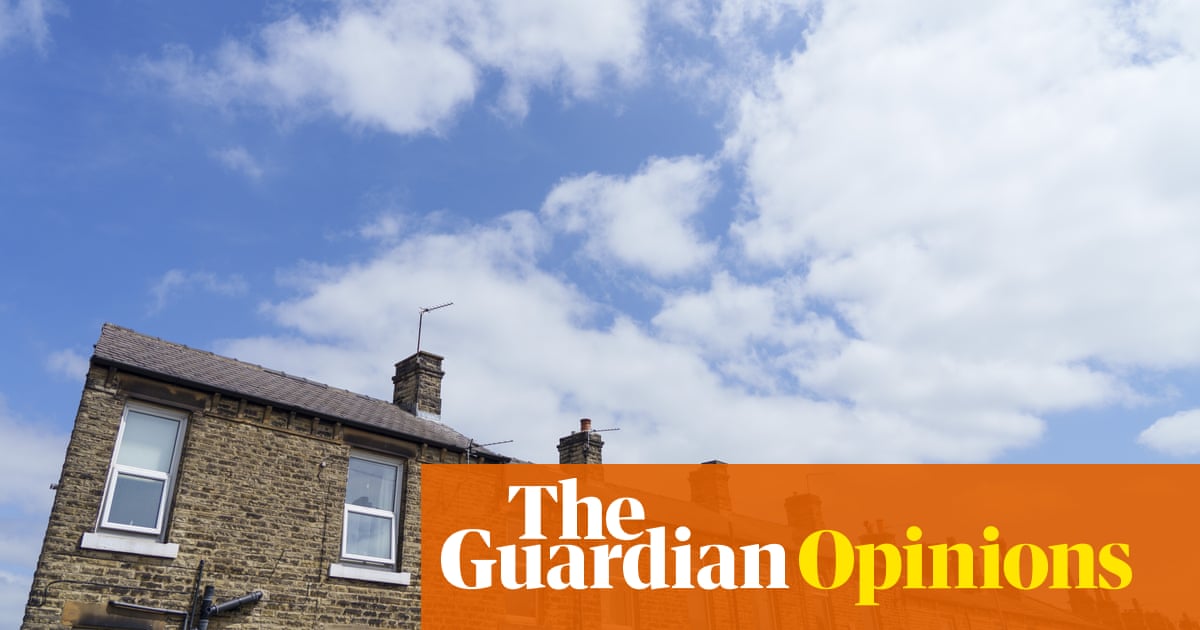
For as long as I can remember, there has been talk of saving the planet — it is nothing new.
Now, in a cold, gray and rather damp Glasgow, the world’s leaders are yet again speaking about the same subject.
So far, there have been pledges to end deforestation, reduce methane emissions and slow the increase in global temperatures — all good sense.
But cast your mind back to December 2015, when the world agreed to substantially reduce global greenhouse gas emissions. The aim was to limit the global temperature increase this century to 2 degrees Celsius above pre-industrial levels, while pursuing the means to limit the increase to 1.5 C, but that has not happened yet.
In his opening remarks in Glasgow, COP26 President Alok Sharma acknowledged that time was running out for the planet. He said that “we know the window to keep 1.5 degrees within reach is closing.” Sharma referred to the Intergovernmental Panel on Climate Change report in August, which made the not-so-shocking revelation that “human activity is unequivocally the cause of global warming.” Now I might be missing something here, but what else could it have been?
OK, flatulent cows have a lot to answer for. The methane they emit is absolutely a cause of global warming; the gas traps heat in the atmosphere. But just pause for a moment and consider this: Why are there so many cows on the planet in the first place? It is not because of a calf boom brought on by frisky bovine — it is entirely because of people’s greed for meat.
And it is not just the methane that is a problem. In February, the World Resources Institute revealed that one of the main reasons for deforestation was to make room for cattle ranchers. Another reason for such widespread loss of the world’s forests was the creation of palm oil and then soy, both used in the bulking out of produce.
The unifying factor of these? They are all profit-driven and absolutely unessential; we can live without them, or at the very least reduce our consumption of them.
We cannot save the planet for future generations if all we are going to consider is profit.
Under Donald Trump’s presidency, the US left the Paris Agreement because he said it was bad for the US economy. If we are to save the planet, then we must accept that profits will fall, at least while we diversify — it is happening in some places.
Take oil-rich Saudi Arabia, a country whose economy has been driven by the black stuff for decades. The Kingdom this week offered to lead the way toward a cleaner economy driven by hydrocarbons that are less harmful to the planet and are a gateway to even cleaner fuels.
Who would have thought it? Saudi Arabia offering to make such a massive lifestyle change, and at a time when the likes of Australia and the UK are still talking about burning coal?
When I was a child, there were droughts and famine, extreme weather that left a trail of destruction in its path — the climate has been suffering for as long as I can remember.
The climate activists, the Greta Thunbergs of this world, have been the only people with a consistent message throughout: Make changes now or, in the not-too-distant future, face up to the consequences of our greed.
I have six nieces and nephews — it is they and their friends who will have to deal with the consequences of our inaction. I shudder to think what things will be like for their children.
The leaders in Glasgow need to commit, change their laws and change the way they look at the economy, while we all need to change our eating habits.












